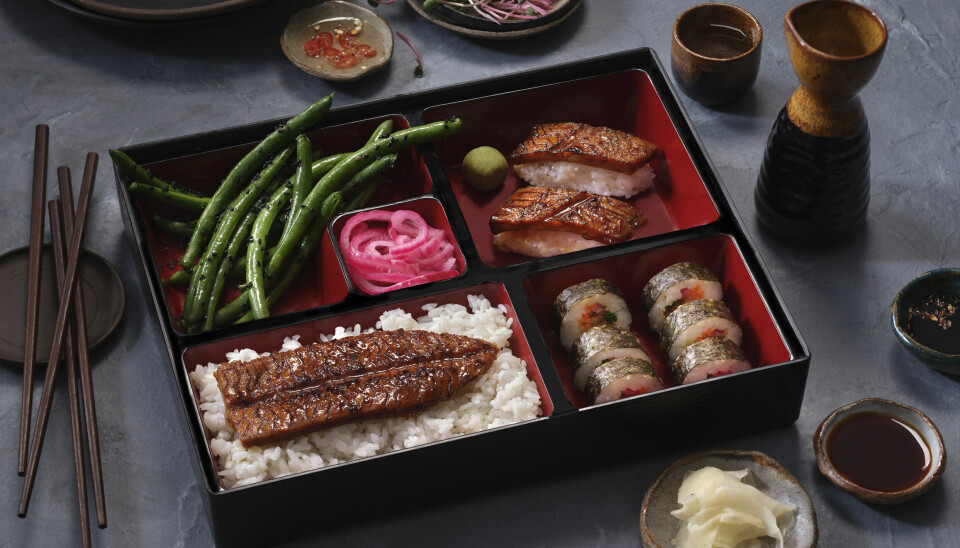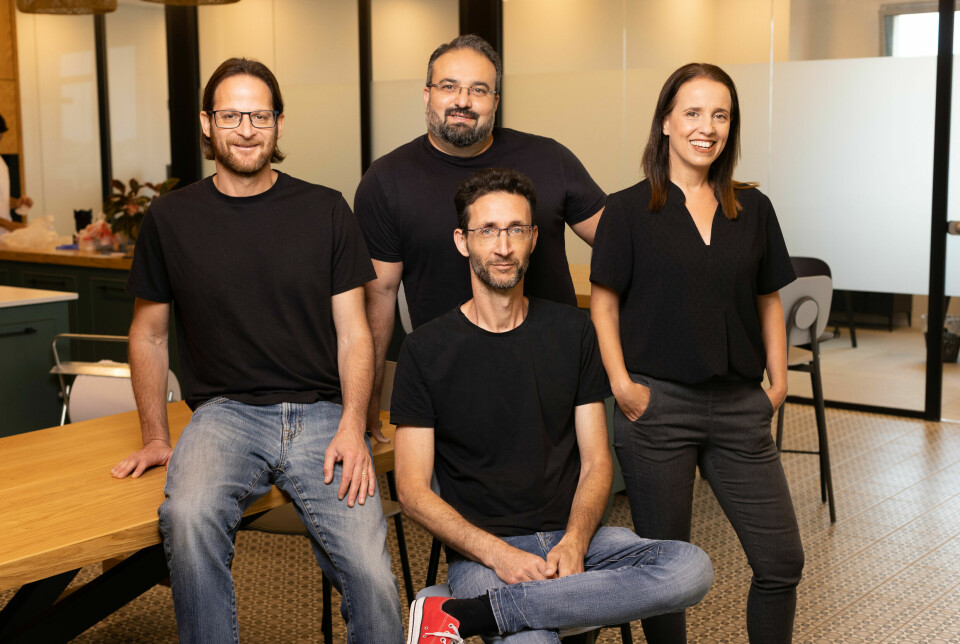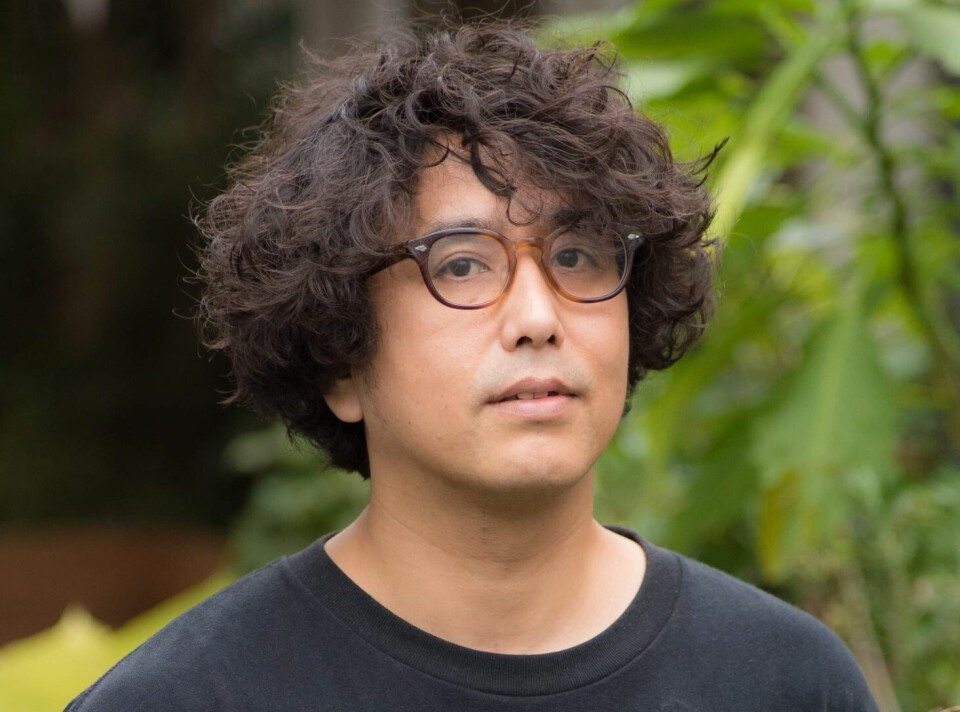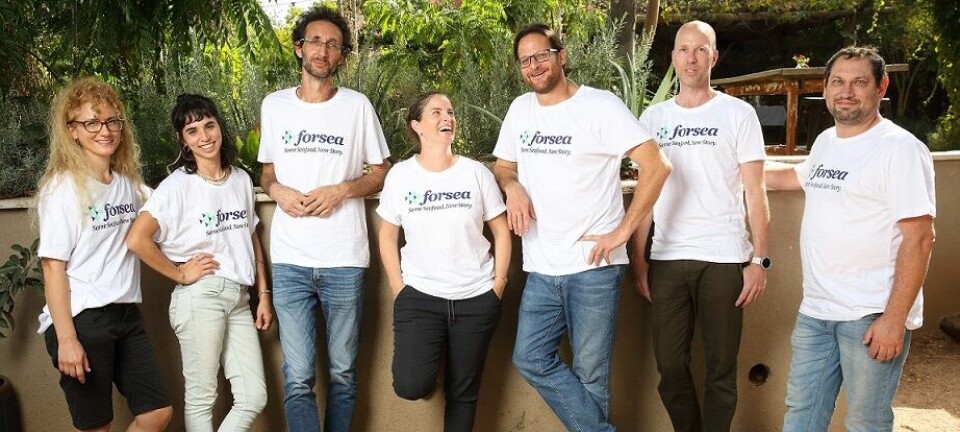
Forsea serves up its first cell-cultured eel
An Israeli company that aims to create seafood substitutes grown from cells has unveiled its first prototype of a cell-cultivated freshwater eel.
Forsea Foods Ltd said it had successfully replicated the traditional Japanese unagi eel (Anguilla japonica) featuring the same tender, succulent texture, and rich savoury flavour as real eel.
It has been working together with chef Katsumi Kusumoto to create two popular traditional Japanese dishes – unagi kabayaki (marinated grilled eel over rice) and unagi nigiri.
After achieving proof of concept, the company is now looking to scale up production and projects that its inaugural product will be ready for commercial launch in 2025 as it seeks strategic partners in Japan (the largest consumer of freshwater eel) and across Asia.

Forsea says overfishing of eels has led to them becoming endangered. The popularity of eel meat in Asia, Europe, and the US likewise poses significant challenges for suppliers who struggle to keep up with the surging demand. This leads to supply bottlenecks, illegal trade, and high prices.
“This milestone marks a major leap in our journey to deliver delicious cultured seafood products,” said Forsea’s chief executive and co-founder, Roee Nir. “Forsea is pioneering the fusion of traditional, high-quality Asian cuisine with groundbreaking technology to create the world’s first cultured unagi - one that will provide the consumer with a genuine seafood experience without putting further strain on aquatic life.”

Kusumoto said: “Unagi is an enduring favourite in Japan. Its timeless appeal, however, is impacted by a growing awareness among the Japanese population of the need to take a more sustainable approach.”
He added that cell-cultured eel would enable him to “deliver the traditional unagi indulgence with a clear eco-conscience”.
No scaffold
Forsea’s proprietary method allows for the crafting of 3D microtissues composed of fat and muscle. These spontaneously differentiate into edible cells, mimicking the natural process of cell formation. The cell lines self-organise into tissue structures without the need for a "scaffold", simplifying the production process, and enhancing scalability.
The company says this approach should effectively overcome major industry challenges and will ease some of the supply bottlenecks for eel meat. The proprietary practice also allows for the efficient and cost-effective production of cultivated meat by significantly decreasing reliance on costly growth factors.























































